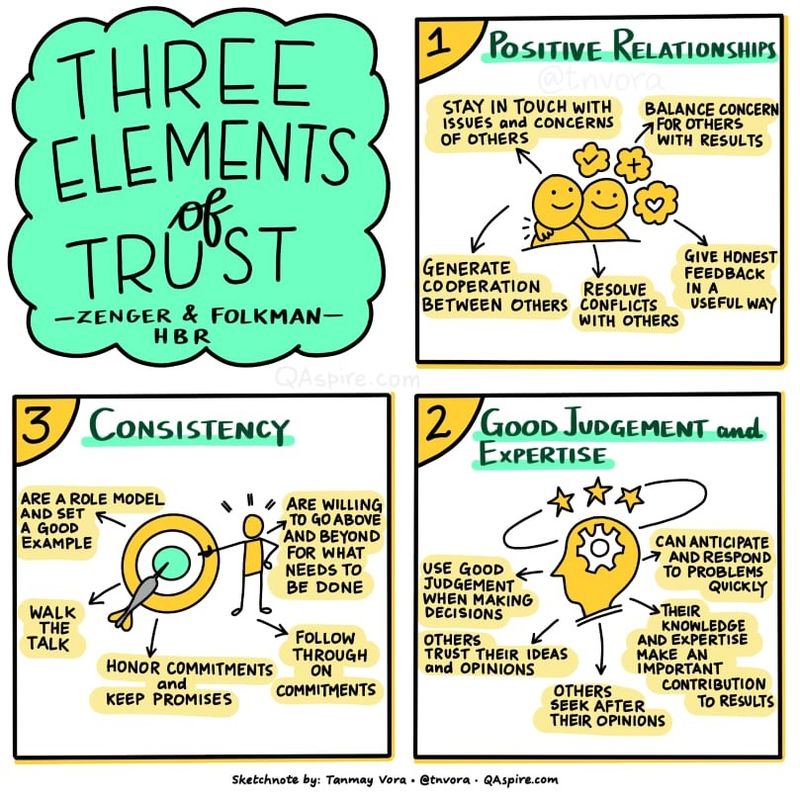Silent behaviors can undermine trust and create invisible barriers even between close friends. These actions may seem trivial, but they have the power to erode trust swiftly and silently. Understanding these behaviors helps maintain stronger, more transparent relationships.
1. Avoiding Eye Contact

Averting one’s gaze can break connections. In conversations, avoiding eye contact gives an impression of deceit or lack of confidence. It subtly communicates discomfort or disinterest, leaving the other person feeling unimportant.
Eye contact establishes trust and understanding. When absent, it raises questions about sincerity and transparency. Friends may begin to question your intentions, leading to a breakdown in mutual trust.
Did you know? In many cultures, eyes are considered the windows to the soul. Breaking eye contact can sometimes mean breaking a bond, even if unintentionally.
2. Interrupting Constantly

Constant interruptions can shatter the flow of conversation. It conveys a lack of respect for the other person’s thoughts and opinions. Interrupting suggests that what you have to say is more important, which can seem dismissive.
This behavior can leave others feeling undervalued and unheard, ultimately breeding mistrust. Conversations thrive on exchange, not competition.
In fact, studies show that active listening fosters trust and rapport. By allowing others to complete their thoughts, you pave the way for stronger, more trusting relationships.
3. Secretive Body Language

Non-verbal cues speak volumes. Crossed arms, turned-away torsos, or closed-off postures can signal secrecy or defensiveness. Such body language subtly screams, “Stay away.”
Even without words, this creates an invisible wall, making others hesitant to trust or share openly. Negative body language is a silent message that can quickly sow seeds of distrust among friends.
Interestingly, open body language, like uncrossed arms and facing others, is known to foster openness and trust. It invites others in, rather than pushing them away, building stronger connections.
4. Inconsistent Actions and Words

Actions speak louder than words. When actions and words don’t align, it breeds confusion and uncertainty. This inconsistency can make others question your reliability and honesty.
Trust is built on predictability and consistency. If friends notice a gap between what you say and what you do, skepticism arises, weakening trust.
Did you know? Consistency is often regarded as a cornerstone of trust in relationships. When actions mirror words, it assures others of your sincerity, paving the way for enduring trust.
5. Withholding Information

Sharing is caring, or so they say. Withholding information can breed suspicion and feelings of exclusion. It may seem minor, but the impact is profound.
Friends expect transparency, especially in close-knit relationships. Keeping vital information to yourself can lead to misunderstandings and resentment. When others feel left out of the loop, trust erodes.
Interestingly, transparency is celebrated in many cultures as a trust-building tool. Open dialogue fosters understanding and cooperation, leading to stronger, more trusting bonds.
6. Frequent Cancelations

Breaking promises can strain relationships. Constantly canceling plans sends a message that other priorities are more important, making friends feel undervalued.
Commitment is crucial in any relationship. When plans get canceled repeatedly, it signals unreliability and lack of respect for others’ time. Trust falters as friends begin questioning your dedication.
Fun fact: Regularly keeping commitments is known to reinforce trust and reliability. When friends know they can count on you, it strengthens the bond and mutual trust.
7. Non-Responsiveness to Messages

Ignoring messages sends a silent yet powerful signal. It suggests disinterest or lack of prioritization, leaving friends feeling neglected.
Communication is the backbone of any relationship. When messages go unanswered, it creates distance, allowing doubts to creep in.
Did you know? Prompt responses are often associated with attentiveness and care. Being responsive reassures friends of your interest and commitment, strengthening trust.
8. Sarcastic Remarks

Sarcasm can be a double-edged sword. While it might seem humorous, it often leaves others feeling belittled or misunderstood.
In serious discussions, sarcasm can cloud the message, causing friends to question your sincerity. This subtle behavior can erode trust if perceived as mean-spirited or dismissive.
Interestingly, genuine and clear communication is key to maintaining trust. Choosing words wisely and ensuring they align with your intentions nurtures stronger, more trusting relationships.
9. Evasive Responses

Dodging questions can raise eyebrows. Evasive responses suggest you have something to hide, breeding suspicion and wariness.
Friends value honesty and straightforwardness. When answers seem dodgy or vague, it leaves room for doubt, weakening trust.
In fact, clear and direct communication is celebrated in many cultures as a marker of integrity. Being open and honest in conversations fosters a foundation of trust and respect.
10. Dismissive Listening

Not truly listening can be hurtful. Dismissive listening involves pretending to hear while actually disregarding the speaker, making them feel unimportant.
Friends appreciate being heard and understood. When listening is dismissive, it signals disrespect and disconnection, leading to distrust.
Fun fact: Active listening is a powerful tool in building trust. Fully engaging in conversations shows that you value your friends’ thoughts and feelings, reinforcing mutual respect and trust.
11. Passive-Aggressive Behavior

Silent but impactful, passive-aggressiveness can confuse and alienate friends. This behavior includes indirect resistance or hostility, often through silence or sarcasm.
Friends might find it challenging to decode such signals, leading to misunderstandings and mistrust. It creates a gap in communication, making friends doubtful of your true feelings.
Did you know? Open and honest communication is a cornerstone of trust. Addressing issues directly rather than resorting to passive aggression leads to healthier and more trusting relationships.

